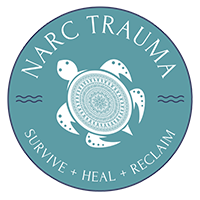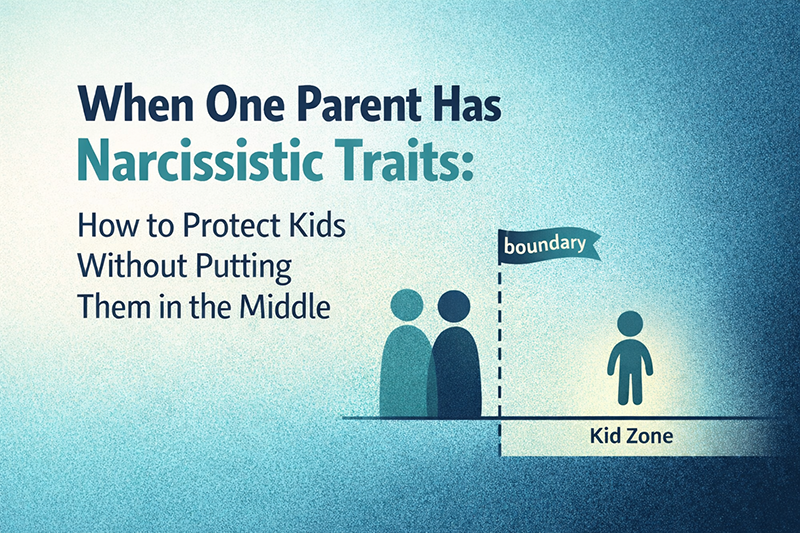Survival, Healing, and Reclaiming After Narcissistic Abuse
Narcissistic abuse can leave you feeling confused, depleted, and questioning your own reality. Whether it happens in a romantic relationship, within your family, or at work, the emotional damage often accumulates before you even recognize the patterns. You may have spent years seeking approval from a boss who keeps shifting expectations, a parent who withholds love, or a partner who painted a perfect picture—only to later reveal toxic and manipulative behaviors.
At The Narcissistic Abuse Recovery Center, we specialize in therapy and coaching for survivors of narcissistic abuse. Our approach is rooted in deep understanding, trauma-informed care, and proven strategies to help you break free from emotional manipulation, rebuild your confidence, and create a life of peace and empowerment. Offering classes, support groups, coaching, and individual therapy we provide personalized support to assist you in:
You don’t have to go through this alone. Healing is possible, and we’re here to guide you every step of the way.
What is Narcissistic Abuse?
Narcissistic Personality Disorder
The hallmarks of narcissistic personality disorder (NPD) are grandiosity, a lack of empathy for other people, and a need for admiration. People with this condition are frequently described as arrogant, self-centered, manipulative, and demanding. They may also have grandiose fantasies and may be convinced they deserve special treatment. These characteristics typically begin in early adulthood and must be consistently evident in multiple contexts, such as at work and in relationships.
People with NPD often try to associate with other people they believe are unique or gifted in some way, which can enhance their own self-esteem. They tend to seek excessive admiration and attention and have difficulty tolerating criticism or defeat.
Causes
The causes of narcissistic personality disorder are not yet well understood. Genetic and biological factors, as well as environment and early life experiences, are all thought to play a role in the development of this condition.
Treatment
Treatment for narcissistic personality disorder can be challenging because people with this condition present fantastic grandiosity and defensiveness, making it difficult to acknowledge problems and vulnerabilities. Psychotherapy may help people with narcissistic personality disorder relate to others more healthily and compassionately.
Symptoms
Individuals with narcissistic personality disorder, according to the DSM-5, exhibit five or more of the following, which are present by early adulthood and across contexts:
– A grandiose sense of self-importance.
– Preoccupation with fantasies of unlimited success, power, brilliance, beauty, or ideal love.
– Belief that one is special can only be understood by or associated with particular people or institutions.
– A need for excessive admiration.
– A sense of entitlement (to special treatment).
– Exploitation of others.
– A lack of empathy.
– Envy of others or believing that one is the object of envy.
– Arrogant, haughty behavior or attitudes.






